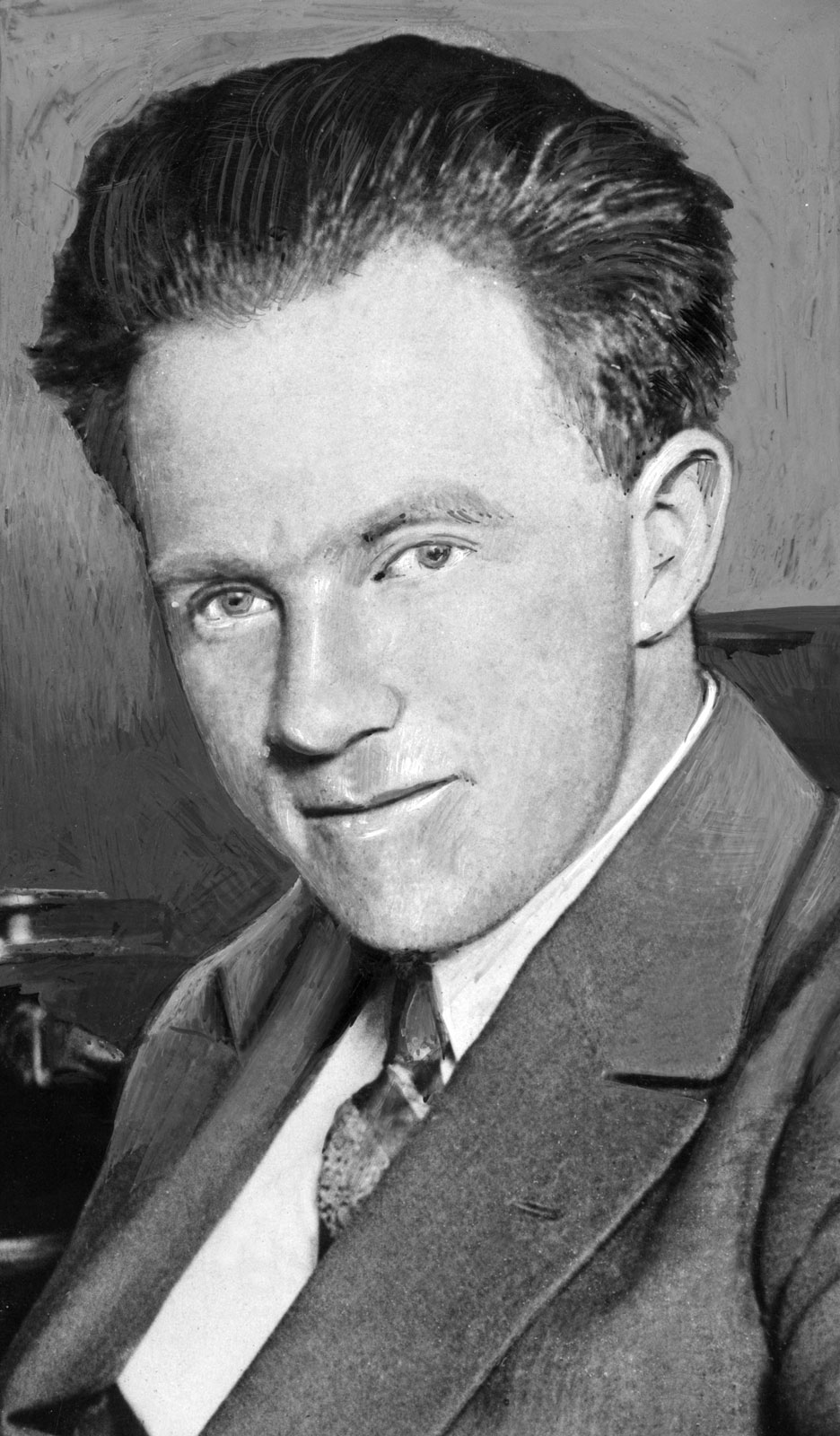Karl Heisenberg was a groundbreaking figure in the field of quantum mechanics, known for his revolutionary contributions that have shaped modern physics. His work not only altered the course of scientific thought but also laid the foundation for numerous technological advancements. This article delves into Heisenberg's life, his scientific achievements, and his enduring influence on physics and philosophy.
Join us as we unravel the narrative of one of the most influential physicists of the 20th century, whose theories continue to resonate in the realms of science and everyday life.
Table of Contents
- Biography of Karl Heisenberg
- Early Life and Education
- Scientific Contributions
- The Uncertainty Principle
- Nobel Prize in Physics
- Legacy and Impact
- Personal Life
- Conclusion
Biography of Karl Heisenberg
Karl Heisenberg was born on December 5, 1901, in Würzburg, Germany. He showed an early aptitude for mathematics and science, eventually studying physics at the University of Munich. Under the mentorship of prominent physicists, Heisenberg developed a keen interest in quantum mechanics, a field that was still in its infancy during his academic years.
| Name | Karl Heisenberg |
|---|---|
| Birth Date | December 5, 1901 |
| Birth Place | Würzburg, Germany |
| Field of Study | Physics |
| Nobel Prize | 1932 |
| Death | February 1, 1976 |
Early Life and Education
Heisenberg's interest in physics was sparked during his time at the University of Munich, where he attended lectures by prominent physicists such as Arnold Sommerfeld. He completed his doctoral thesis in 1923 under the supervision of Sommerfeld, focusing on the theory of turbulence. This early work laid the groundwork for his later contributions to quantum mechanics.
Scientific Contributions
Heisenberg's most significant contributions to physics came during the 1920s, a period characterized by rapid advancements in quantum theory. He is best known for developing matrix mechanics, a formulation of quantum mechanics that describes the behavior of particles in terms of matrices rather than classical trajectories.
His work led to the formulation of the Heisenberg Uncertainty Principle, which states that the position and momentum of a particle cannot both be precisely measured simultaneously. This principle has profound implications for our understanding of the nature of reality and the limits of measurement in quantum mechanics.
The Uncertainty Principle
The Uncertainty Principle, formulated in 1927, fundamentally changed the way scientists think about the behavior of subatomic particles. It introduced a new level of complexity and uncertainty into the field of physics, challenging classical notions of determinism. The principle can be expressed mathematically, but its conceptual implications are far-reaching:
- It implies that at a quantum level, particles do not have definite positions or momenta until measured.
- This uncertainty has been experimentally validated and is a cornerstone of modern physics.
- The principle has philosophical implications, suggesting that reality may be inherently probabilistic rather than deterministic.
Nobel Prize in Physics
In recognition of his groundbreaking work, Karl Heisenberg was awarded the Nobel Prize in Physics in 1932. The award cited his creation of quantum mechanics, which has had a lasting impact on the field of physics and beyond. His acceptance speech highlighted the philosophical dimensions of his work and its implications for our understanding of the universe.
Legacy and Impact
Heisenberg's legacy extends beyond his scientific achievements. His work laid the foundation for many advancements in technology, including semiconductors, lasers, and quantum computing. His theories continue to influence research in various fields, from physics and chemistry to philosophy and information theory.
Moreover, Heisenberg's ideas have sparked discussions about the nature of knowledge and reality, bridging the gap between science and philosophy. His contributions have earned him a place among the most influential scientists of the 20th century.
Personal Life
Karl Heisenberg married Elisabeth Schumacher in 1929, and the couple had three children. Heisenberg was known for his deep interest in philosophy and ethics, often reflecting on the moral implications of scientific discovery. During World War II, he was involved in Germany's nuclear research program, a period that remains controversial.
Conclusion
In conclusion, Karl Heisenberg's life and work have left an indelible mark on the field of physics and our understanding of the universe. His contributions to quantum mechanics and the formulation of the Uncertainty Principle have not only advanced scientific knowledge but have also prompted profound philosophical inquiries. We invite readers to reflect on Heisenberg's legacy and engage in discussions about the impact of scientific discoveries on our lives.
If you enjoyed this article, please consider leaving a comment, sharing it with others, or exploring more articles on our site about influential figures in science. Your feedback is valuable to us!
Thank you for reading, and we hope to see you back here for more insightful content!


